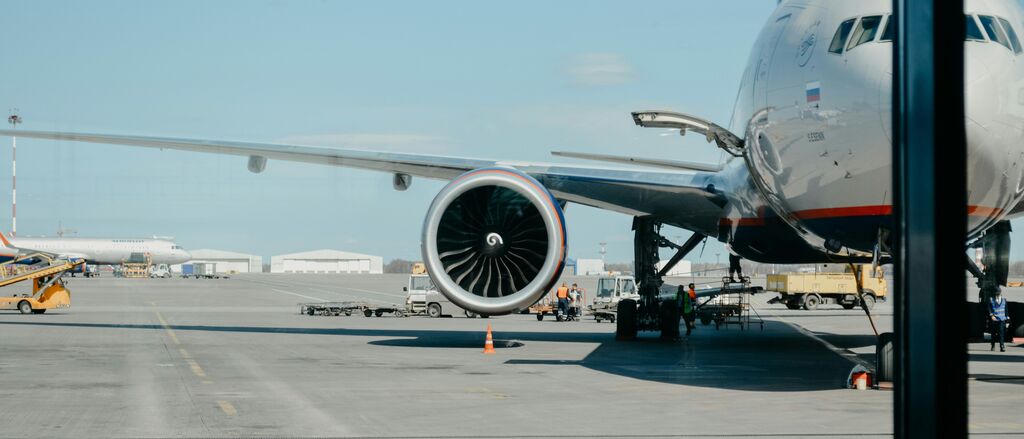
European flights disrupted after Israeli strike on Iran
Friday, June 13, 2025
The closure of several countries’ airspaces is causing significant disruption for European air passengers. “Europeans flying to the Middle East, India, and Southeast Asia will be especially affected,” says Tom van Bokhoven of Flight Delayed UK.
Israel’s strike affects the whole region
In the early hours of Friday, June 13, Israel launched a strike on Iran. Israeli authorities report intercepting over a hundred drones sent by Iran and expect further retaliation.
As a result, the airspaces of several countries in the region have been closed — including Israel and Iran themselves, as well as Jordan, Iraq, and Syria.
Immediate flight diversions and cancellations
Airlines responded swiftly to the escalating regional threat. Flights already en route were diverted, with some even returning to their airports of origin.
Some diversions were more extreme than others. Air India reported that several of its flights en route from the United States and Canada were diverted to European airports, including Frankfurt and Vienna. Passengers on these flights now face significant delays and await further communication from the airline.
At the time of the attack, several commercial aircraft were flying over Iran, including planes operated by Lufthansa, Emirates, and Air India.
What does this mean for upcoming flights?
European travelers will be most affected on routes between Europe and the Middle East, the Indian subcontinent, and Southeast Asia (e.g. Thailand, Vietnam, and the Philippines). This includes popular connecting flights with stopovers in Saudi Arabia and the United Arab Emirates. These flights typically pass through the affected region — particularly the Iraqi air corridor, one of the busiest in the world, with over 700 daily overflights.
“For these flights, passengers can expect more frequent delays and potentially even some cancellations,” said Tom van Bokhoven of Flight Delayed UK. “This is because air traffic must now be rerouted through alternative corridors, including a southern path over Egypt and Saudi Arabia or a northern route over Turkey, Azerbaijan, and Turkmenistan.”
Direct flights from Europe to destinations such as China, Korea, and Japan are unlikely to be affected, as these routes bypass the troubled region.
For now, all flights to Israel, Iran, Jordan, Iraq, and Syria have been suspended. Israeli airlines have even moved their aircraft out of the country in anticipation of further Iranian retaliation. Several inbound flights to Israel have been diverted to Cyprus.
How long will the disruption last?
The duration of these disruptions depends heavily on how the conflict between Israel and Iran evolves. A similar situation occurred in August 2024, when heightened tensions led Lufthansa to suspend flights to the region for several weeks. This time, suspensions could last as long — or potentially longer — depending on the scale of the escalation.
Can passengers claim compensation for these disrupted flights?
Any issues (such as cancellations, delays, and diversions) occurring today (13.06.2025) as a result of the Israeli-Iranian conflict are unlikely to be eligible for compensation. Such a sudden event is considered an extraordinary circumstance and therefore makes the flight not eligible for compensation.
However, the airlines are expected to prepare for the next days and adjust their departure and arrival times accordingly. Hence, under the EU law, passengers of flights delayed, canceled, or diverted in the coming days, might be eligible for compensation of up to 600 € per passenger. This applies to all flights operated by EU airlines as well as all flights departing from the EU, no matter where the airline is headquartered.



Did you like this content ?
Thanks you made our day!
Help us be better!
Well received, thanks!